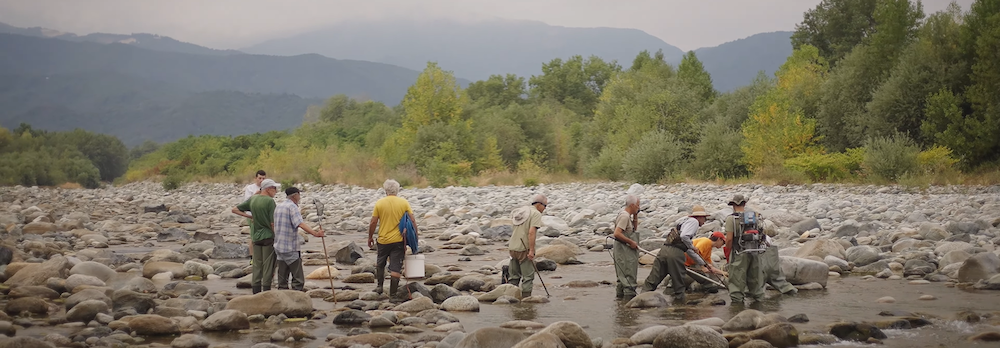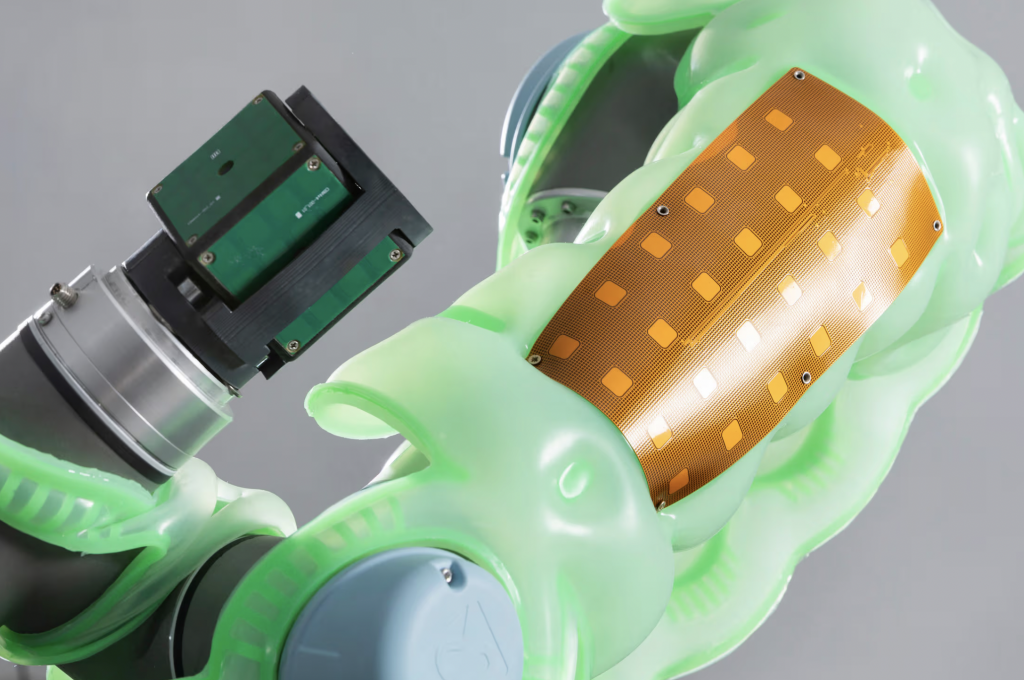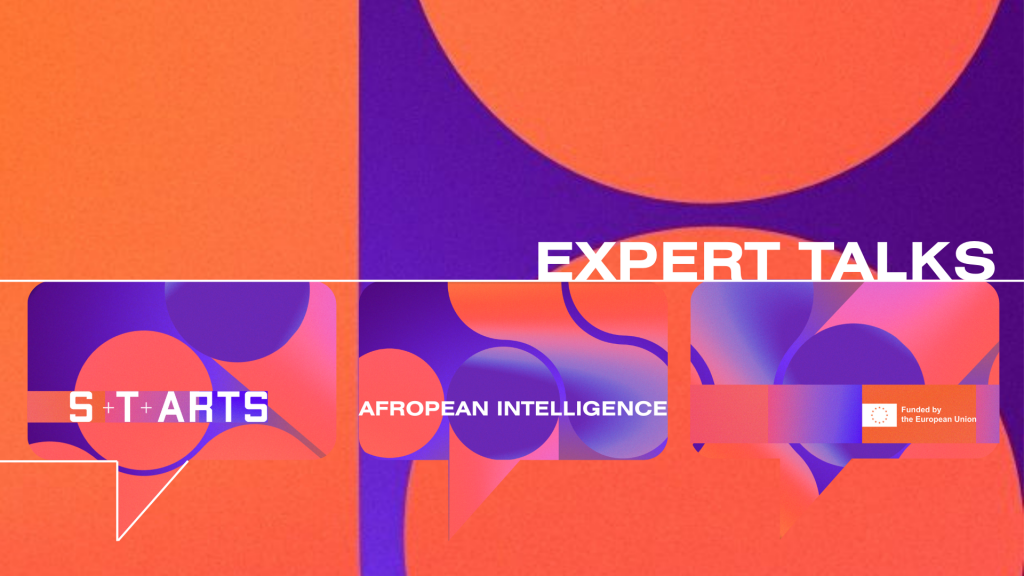The installation at OGR Torino unfolds as a two-part exploration – first as an analytical excavation, then as a collective act of attunement. The first act, a video installation, traces the multiple temporalities embedded in the Deflusso Minimo Vitale. Functioning like a geological section, it reveals how processes such as evapotranspiration, fish relocation, geological modelling, drought prediction, and legal regulation accumulate and intersect. This exposes the posthuman condition of the governance of drought, where biological, legal, and computational timescales converge. This cartography of interdependence continually rewrites itself, revealing the fragility of the systems on which we depend.
Paying attention to small, uncharismatic, and usually absent species from the public imagination means more than just studying their biology: it becomes an act of acknowledgement of our interdependence. These species emerge as “new speaking subjects,” reorganising how knowledge is produced and represented.
– Erzë Dinarama
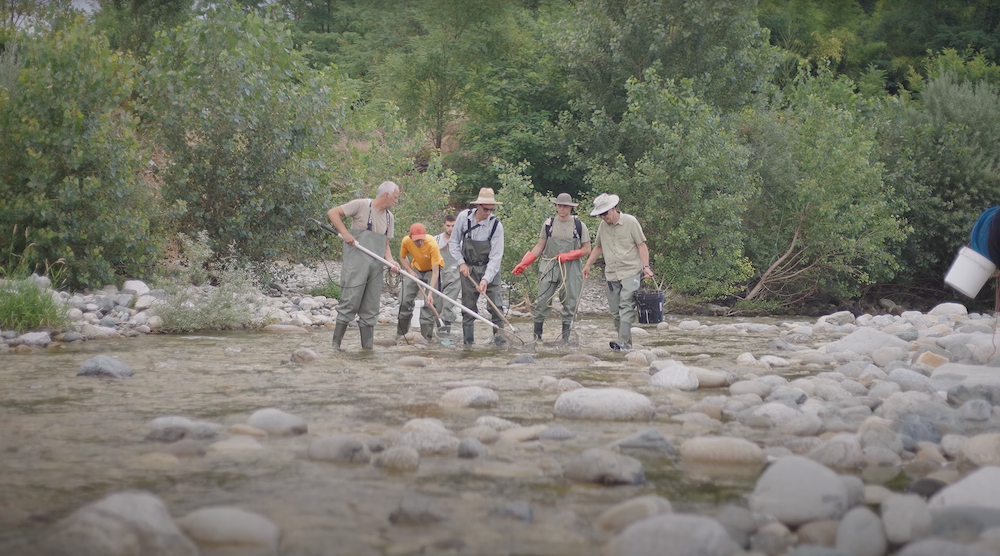
In the second act, Drumming for Love takes the shape of a counterdevice. A reinterpretation of the mesocosm—an apparatus reproducing riverine conditions—here transformed into a space of shared perception and attunement. It stages conversations between pairs of aquatic insects: dialogues conducted in the unique “stream language,” the love language of a specific river, each with its own syntax of currents and vibrations. Drumming on metal tanks, the installation translates the substrate-born vibrations imperceptible to humans (20Hz) through which the insects communicate. These almost invisible species act as living sensors, registering subtle shifts in flow, temperature, and oxygen. Their fragility is evidence; their thresholds of survival coincide with the limits of policy, data, and law.
Credits
Artist: Erzë Dinarama
Research Support: Marco Baltieri
Field Recording: Alexandre Ruffoni
Computational Design and Mapping Collaboration: Iacopo Neri
Glacier measurement data and model: Dipartimento di Ingegneria dell’Ambiente, del Territorio e delle Infrastrutture – Alberto Cina, Nives Grasso, Myrta Maria Macelloni, Elisa Vanin
Interaction Design: Marco Conte, Antonio Laviola
Production, Arrangement, and Sonic Score Collaboration: Alessandro Osella
Drumming Consultation: Francesco Cornaglia
Exhibition Production Management: Alice De Lorenzi
Audio-Video: Dada Servizi Musicali
Steelwork: Omeal
Video Recording, Editing: Tommaso Parise
Special Thanks: Marco Baltieri, Francesca Bona, Elisa Falasco, Laura Cantarella, Stefano Fenoglio, Paolo Lo Conte, Stefano Olivari, Secondo Barbero, Christian Ronchi, Alberto Cina, Livio Favaro, Anna Zanoli, José Manuel Tierno de Figueroa.
Support received from: Orti Generali, Alpstream, Fondazione Santagata, VisoaViso
Residency support network:
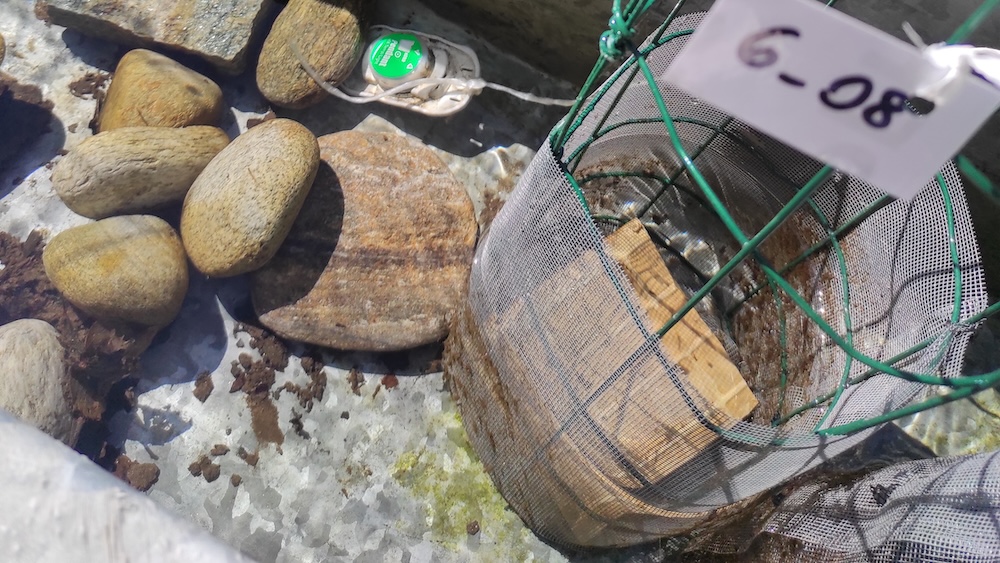
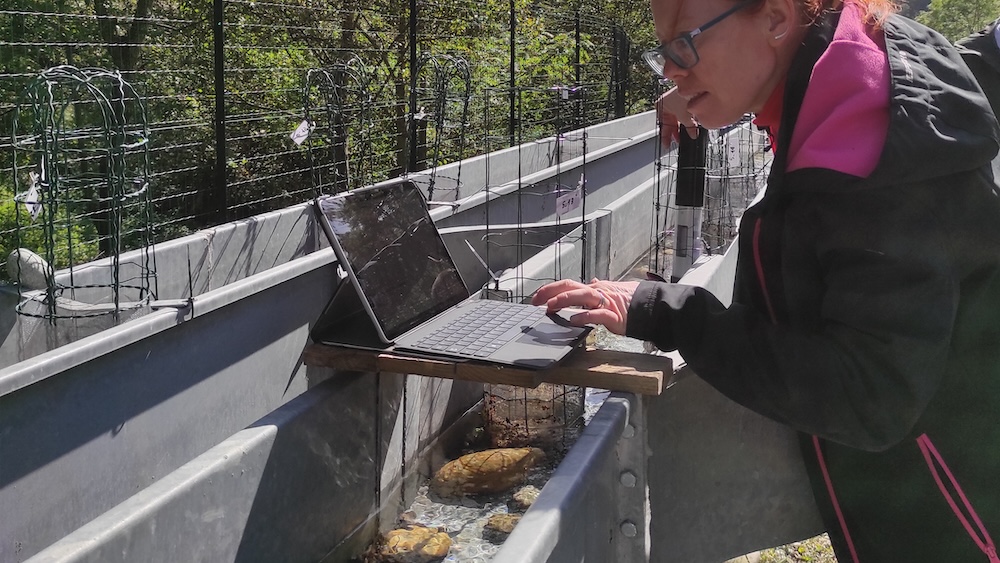
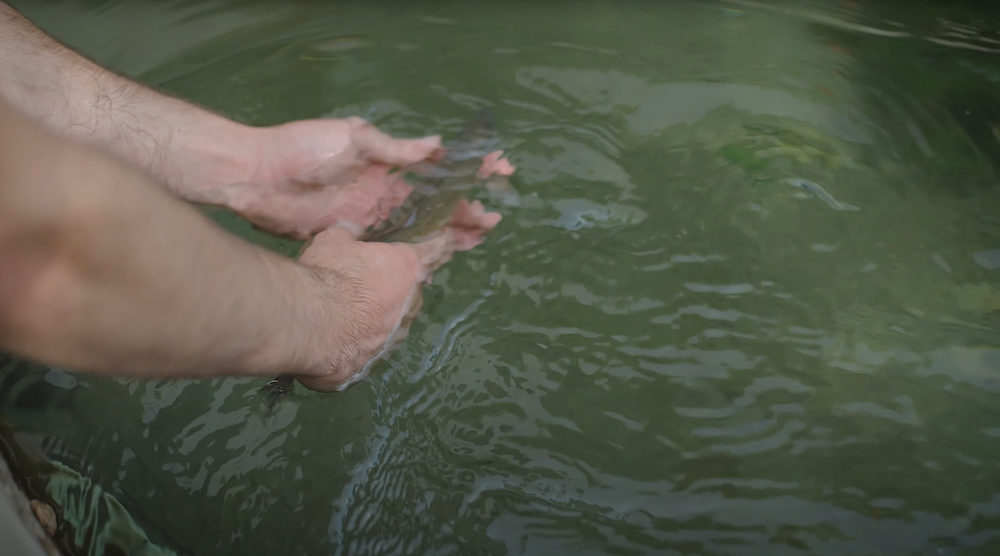
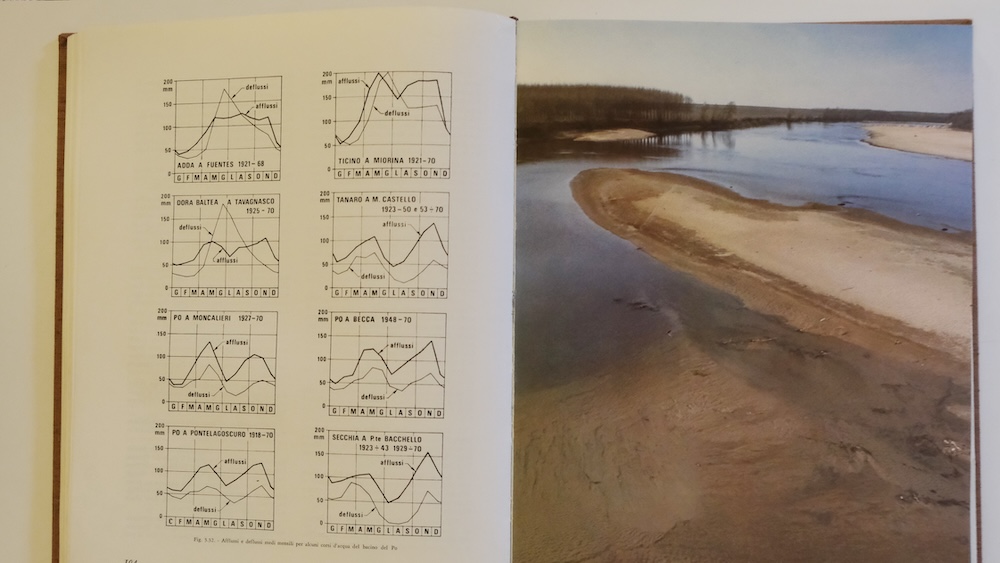
About Erzë Dinarama
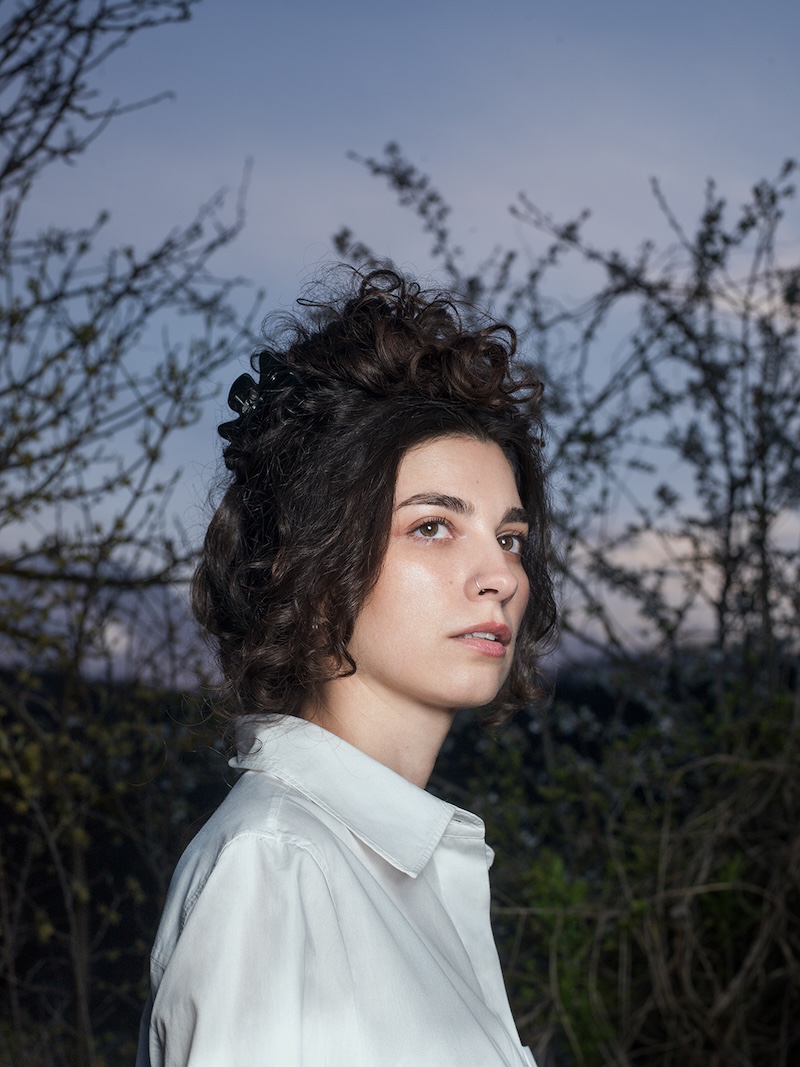
Erzë Dinarama is a Kosovar architect, interdisciplinary designer, and researcher working at the intersection of urbanism, landscape, and ecology, addressing environmental challenges through experimental, spatial, scientific, and design-based approaches. She has taught at Politecnico di Milano, ETH Zurich, Politecnico di Torino, and Domus Academy, and has collaborated with Elisa Cattaneo, Carlo Ratti Associati, and the Manifesta Foundation. Erzë studied architecture, urbanism, and landscape at Politecnico di Milano, UC Berkeley, and ETH Zurich. She currently represents Kosovo as exhibitor and curator at the 19th International Architecture Exhibition – La Biennale di Venezia.
Host / Region

OGR Torino Turin, Italy – Po River
Abstract
The project explored the commoning of the Po River, emphasizing a community-oriented model for river conceptualization, management, and biodiversity-focused “water thinking.”
Keywords
fluvial ecosystem, collaborative citizenship, water commons, community oriented model, collective stewardship
Description of the regional challenge
The Po river plays a vital role in terms of space in the city of Turin, although it is marginal in the town’s infrastructural, social, economic and biodiversity actions. How can the Po River become a part of Turin, and how can the population sensibilise and the river’s waters be healed and cleaned to favour species that thrive in it?
How can the river become a core point of perceived value for the city? How can its healing provide positive effects on communities?
Region information
Turin, chief town of Piedmont (Italy), is crossed by the Po River, the most considerable flowing body of water on the peninsula, which in its Piemontese section crosses two UNESCO biospheres (Monviso and Collina Po), examples of virtuous coexistence of human and non-human species. Although it is a significant source of biodiversity with great potential as a social infrastructure, the river is considered by Turin more an obstacle than a resource.
The investigation of this residency focuses on the river from its sources springing from Mount Monviso – which are increasingly dry in summer due to the gradual disappearance of the glaciers supplying it – until its urban section in Turin where the interference of industries can also be studied.
How is the mission S+T+ARTS driven?
A highly collaborative residency bringing together diverse stakeholders with expertise in wastewater treatment, digital technology, health care, biodiversity, environmental engineering, environmental chemistry and aquatic ecology, working towards the design of new measures to reduce pollution and to encompass the entire life cycle of biodegradable “greener pharmaceuticals”. As an artist, you will take an active role in questioning existing systems and boosting awareness around this challenge through a tangible artwork or an innovative application, product or service that contributes to a pollution-free environment. CHANGE
The result of the residency will be shown in STARTS partner, Bozar- Centre for Fine Arts (Brussels), during the STARTS4Water exhibition in Fall 2022. CHANGE
About The Project – Fluvial Rights. Po River’s Biodiversity, Climate Change, and Pollution
The project explores the commoning of the Po River, emphasizing a community-oriented model for river conceptualization, management, and biodiversity-focused “water thinking.” The project bridges digital commons—online platforms for data sharing and community engagement—and water commons, promoting the river as a shared resource that requires collective stewardship. It unfolds through two interconnected aspects: an interactive online platform and a water prototype.
The project promotes “common sensing”—a collective effort to sense and understand river environments. The interactive online platform is central to the project, focusing on the exploration of microstories—narratives highlighting the practices and perspectives of stakeholders along the Po River. These microstories illuminate how communities adapt to challenges such as increasing drought due to disappearing glaciers. By building territorial narratives from the ground up, the project showcases diverse ecological practices and community initiatives shaping the river’s landscape. These stories are documented and represented using systems thinking causal loop diagrams.
The second aspect involves translating these practices through a prototype, implementing learnings from the microstories into tangible solutions, emphasizing the integration of situated digital and ecological commons, and embodied learning. Overall, the project aims to foster a deeper understanding of the river’s ecosystem dynamics and the resilience of local communities facing environmental challenges.
Jury statement
“The Erze Dinarama proposal could balance and sensitively address both the social discourse related to the River Po body of water and the technological and innovative potential of phytotechnologies that reside in it. What particularly captivated the jury was the concept of “micro-story,” which is meant by the artist as a pivotal concept to get to know and truly understand the landscape and environment in which she will operate. Through the recollection and documentation of these micro-stories (testimonies, interviews, field recordings), Dinarama proposes to build a platform that would help underline the heritage of the River Po while bringing it towards a more ecologically responsible future. This concept was considered fundamental by the Local Partners, who felt seen and truly taken into account by the project. It also was a relevant departure point for OGR to connect more and more with its surrounding social tissue and use its technological potential in a responsible, experimental ecological development of the river infrastructure.“
